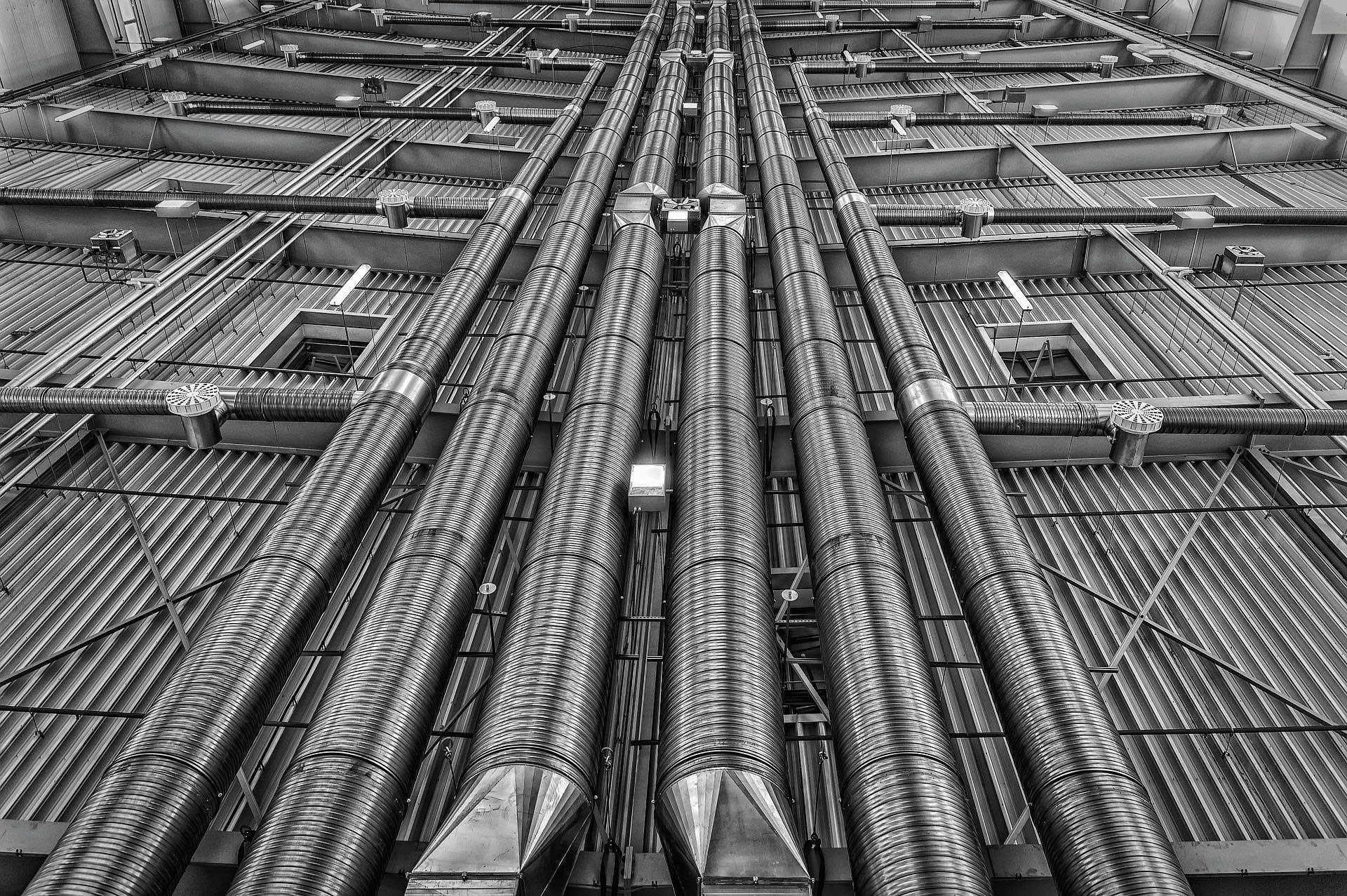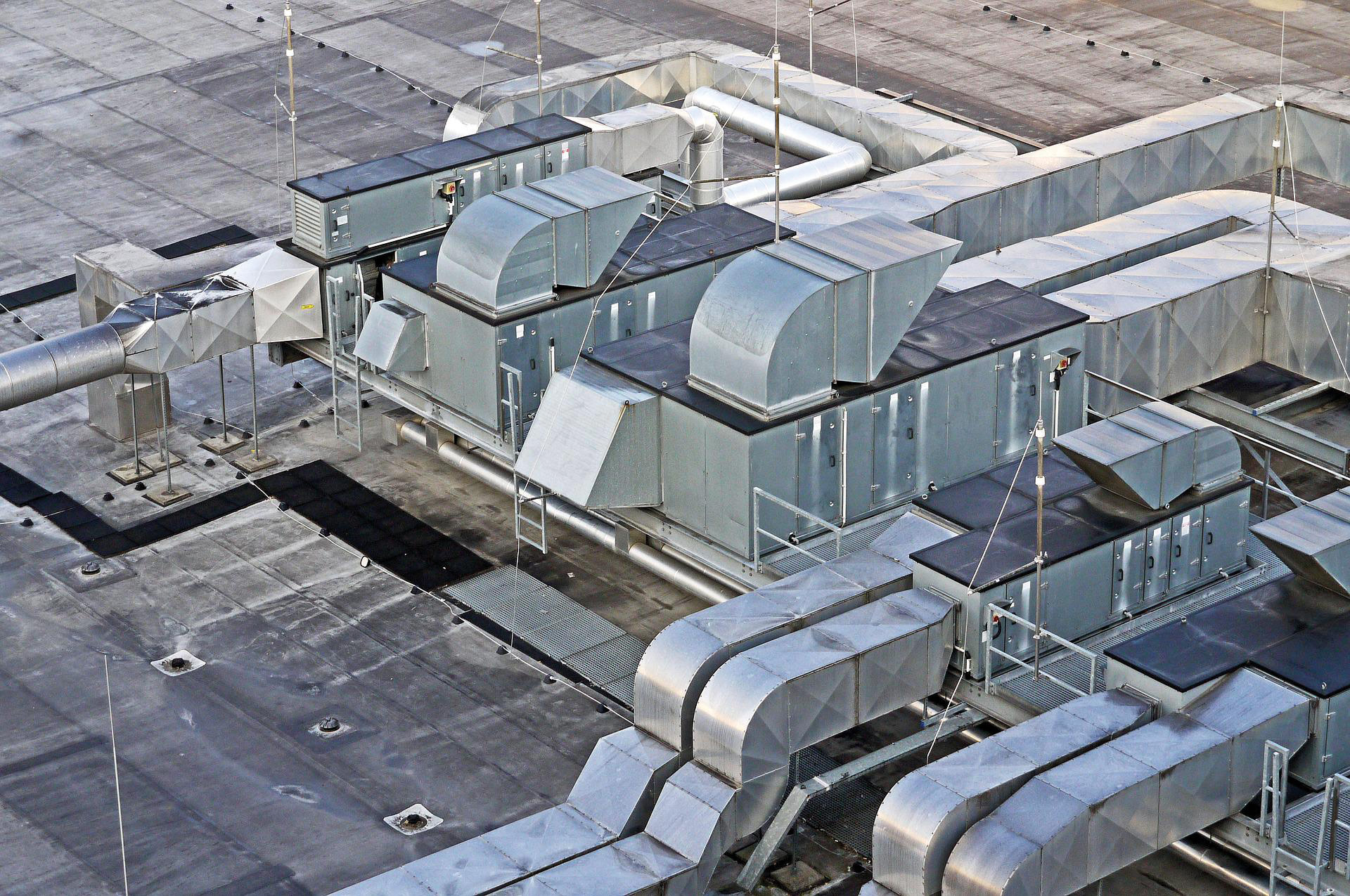
We explore how the COVID-19 pandemic has highlighted the need for ventilation and cooling in healthcare settings
The covid 19 pandemic highlighted a number of issues with ventilation and cooling equipment within hospitals. “Pre-pandemic, the main priority for providing optimum air quality in hospitals was primarily in areas such as the operating theatre where 100% pure, appropriately – filtered fresh air circulation was a necessity” explains Richard Metcalfe, director of HVAC specialist, Newsome.
“However during the pandemic ventilation became a much higher priority throughout the entire hospital estate – including minor procedure suites, consultation rooms and communal areas.
“Some hospitals struggled with the air quality delivered into some of these areas as their existing air handling plant was not always reliable due to the lack of focus on its performance historically as it wasn’t always considered a main priority, particularly if it was serving general non-treatment areas”
The pressure is on
But, as the pandemic took hold, the pressure was on healthcare estates and facilities managers to improve ventilation, and air filtration was an essential part of that approach.
“While most hospitals tried to switch to voice or video calls to eliminate face to face contact and thus avoid the need for constant purification of the air circulated within consulting rooms, we worked with a client supporting the healthcare sector to assist in the selection of air purification systems which allowed consultant visits to take place at a similar frequency to that prior to the pandemic, said Metcalfe.
“The solution used medical-grade air purification systems where prior to each consultation taking place, the room underwent a precise clean down procedure and ventilation process, which created a restriction on the number of patients that could be seen across a single shift”
Air purification systems assist in the process of cleaning circulated air in areas where there isn’t the option to utilise a non-recirculated ventilated fresh air supply.
Optimising efficacy
This helps to minimise the risk of contracting airborne viruses that could be life threatening to high-risk and vulnerable people.
Metcalfe said: “I think the focus moving forwards should be on the quality of filtration and ensuring that systems run on 100% fresh air, rather than using recirculated air.
“Hospitals should aim to use systems that run on as much fresh air as possible, while optimising the efficiency of their systems by using the latest technology available.
“The pandemic has highlighted this and many health trusts are seeking to change their ventilation and cooling solutions, moving away from having a mixed system which uses recirculated air.
“A 100% fresh air system will increase the load on the equipment, but nonetheless will be far more healthy.”
But their efficacy depends on regular monitoring and maintenance, he warns. Andrew Pinder, co-founder and director of Pinder Cooling and Heating, adds: “There has been a definite increase in demand for maintenance services within the HVAC industry in recent months.
“The maintenance of air conditioning units is extremely important for a number of reasons. “The first is that units can let off a particularly foul odour if they aren’t regularly cleaned.
“When air recirculates, bacteria is picked up and caught by the filter and eventually, over time, multiplies. When we clean units, we use a specialist anti-bacterial cleaner which prevents this from occurring.
Maximising performance
“Another reason is that correct maintenance increases the longevity of units, thus reducing costs for repairs and installations. As a result, units are more efficient.
“I hope that as we begin to emerge from lockdown, people continue to recognise the importance of providing clean air within all environments.”
The company recently won a trio of hospital contracts with private healthcare provider, Pall Mall Medical; Specialist Refurbishment Services; and Northern Mechanical Services, covering hospitals in the North West, Yorkshire, and the South of England.
Also working more closely with hospitals is clean air solutions provider, Camfil, which has published a free white paper explaining how facilities managers can select air filters for both optimised energy performance and indoor air quality.
A facilities manager’s guide to choosing low energy air filters offers advice on quick wins to save energy in buildings by choosing the right air filters for the job.
Mark Taylor, Camfil sales director, said: “Property, estates, FMs, building, and energy managers are realising the substantial financial and energy saving opportunities that exist by replacing existing air filters with our award-winning filters.
“Camfil has already delivered ‘identified energy savings’ of over £2m to UK sites by installing low energy air filters in HVAC systems.”
And it is this energy saving which is also driving the increased adoption of ventilation and cooling solutions as the health sector is charged by the Government with achieving a net-zero carbon estate by 2045.
Taylor said: “Procuring the right filter can be a huge benefit to an organisation’s energy-saving strategy.
“A badly-selected filter can cost over £500 per year, but low energy air filters typically save 30% in energy consumption.”
